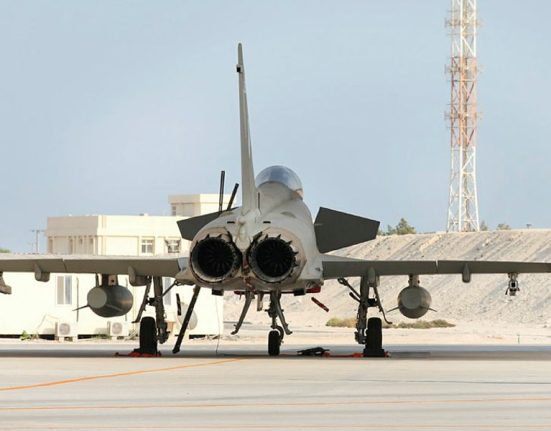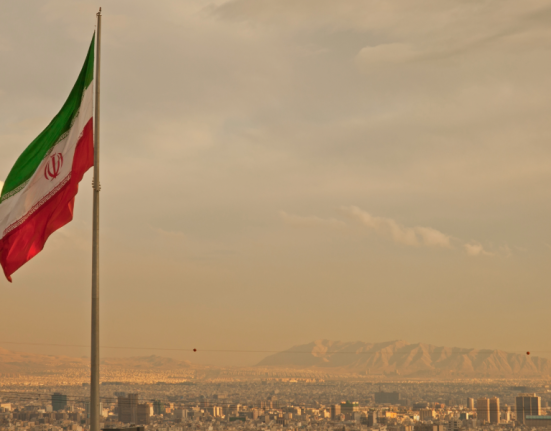Trump calls strike “unfortunate”
Israel has carried out strikes on Hamas’s political leadership in Qatar for the first time, killing six people and sharply escalating its campaign against the militant group.
The strikes hit residential buildings in Doha’s West Bay district, an area housing both Hamas officials and expatriate residents. Qatar confirmed one of its internal security officers was killed, with several others wounded.
Hamas leaders survive
Israel said the operation was a “precise strike” aimed at top Hamas officials, including chief negotiator Khalil al-Hayya and Zaher Jabarin, a senior political bureau member. Both survived.
Hamas said five of its lower-ranking members and the Qatari officer were killed, but none of its senior leadership.
It accused Israel of deliberately sabotaging ceasefire talks, claiming the attack proved Prime Minister Benjamin Netanyahu’s government “does not want to reach any agreement.”
Netanyahu defended the operation, declaring: “The days are over when the heads of terror will enjoy immunity anywhere.”
‘Unfortunate’ strike condemned by Trump
US president Donald Trump said the “unfortunate” strike did not advance the goals of either Israel or America.
“Unilaterally bombing inside Qatar, a Sovereign Nation and close Ally of the United States, that is working very hard and bravely taking risks with us to broker Peace, does not advance Israel or America’s goals,” he wrote on Truth Social.
“However, eliminating Hamas, who have profited off the misery of those living in Gaza, is a worthy goal. I immediately directed Special Envoy Steve Witkoff to inform the Qataris of the impending attack, which he did, however, unfortunately, too late to stop the attack.”
Trump added he had not made the decision to carry out the attack, but had assured Qatar “such a thing will not happen again on its soil.” He stressed he viewed Qatar as a strong ally and “felt very badly” about the location of the strike. He has since directed Secretary of State, Marco Rubio, to finalise a Defense Cooperation Agreement with Qatar which will see Qatar protected.
Global criticism
Qatari emir Sheikh Tamim bin Hamad al-Thani branded the attack “reckless” and vowed to continue mediation despite the blow.
The United Nations, France, Turkey, Saudi Arabia, the UAE and the UK all condemned the strikes as violations of international law. French president Emmanuel Macron called them “unacceptable” and warned they risked spreading the war across the region.
Oil prices rose slightly to $66.58 a barrel on fears the conflict could destabilise the Gulf further.
Responses have mainly been condemnation
Some in Israel have argued that the strike reflects a legitimate right to target Hamas leaders wherever they are found, comparing it to the way Nazi war criminals were hunted down after the Second World War. From this perspective, the attack is framed as part of a broader moral mission to ensure there are no safe havens for those accused of orchestrating terrorism. Supporters of this view say Hamas’s leadership cannot be allowed to hide behind borders while continuing to direct violence.
However, critics point out that the attack represents a breach of international law and a violation of Qatari sovereignty. Striking within the territory of another state without its consent undermines the principle of territorial integrity that underpins the global order.
The UK’s own experience shows the seriousness of such breaches: when Russian agents carried out the Salisbury poisoning in 2018, London demanded accountability and received widespread international backing against Moscow. Many argue the same standards must apply here, regardless of the actors involved.







